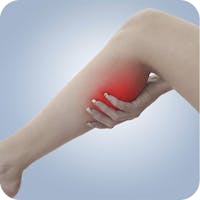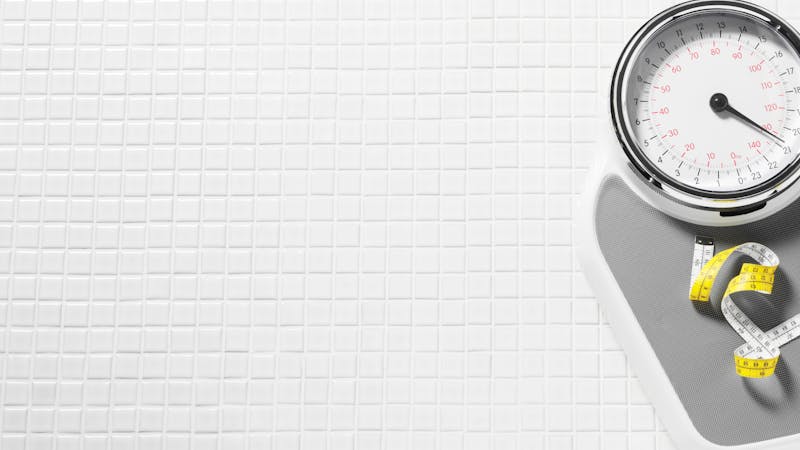Top 17 low carb & keto controversies
However, our goal of making low carb simple also requires us to be upfront and honest about potential problems and how to handle them; some adverse effects can and do occur on low carb.
Here are the most common controversies about low carb and what the best available scientific evidence can tell us about them.

1. Will saturated fat clog my arteries and give me a heart attack?
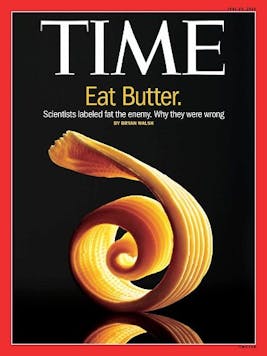 No. This is probably one of the biggest nutrition myths of the last few decades.
No. This is probably one of the biggest nutrition myths of the last few decades.In terms of scientific evidence, links between saturated fat and heart disease are weak and inconsistent. Although some reviews of the literature do find a weak relationship, an increasing number of meta-analyses and systematic reviews find that there is no significant connection between saturated fat and heart disease.
Because the evidence is so weak and because the individual response to dietary fats varies significantly, population-wide recommendations to avoid saturated fat may have been a mistake.
Watch doctors explain why saturated fat is neutral
2. Does a low-carb diet cause high cholesterol?



These beneficial changes in the lipid profile are also associated with decreased insulin resistance, suggesting that overall health is likely improved.
Regarding LDL (“bad”) cholesterol, most people experience no significant changes on low carb.
However, in some people, LDL levels decrease or (more often) increase somewhat.
A minority of people will see their LDL cholesterol increase dramatically on a low-carb, high-fat diet.
To learn more about how to evaluate rising LDL on a low-carb diet, see our dedicated educational guides:
LDL low carb hyper-responders
Is elevated LDL harmful?
How to lower LDL on a low carb diet
The bottom line: Low-carb, high-fat diets generally improve the lipid profile and reduce most risk factors for heart disease.
Low carb and cholesterol – the full guide
3. Doesn’t the brain need dietary carbs?
No. On a strict low-carb diet the brain can be primarily fueled by fat — or technically, by ketones. When carb intake is very low, your liver converts body fat or fat from the food you’ve eaten into ketones, which can be used by the brain as fuel.
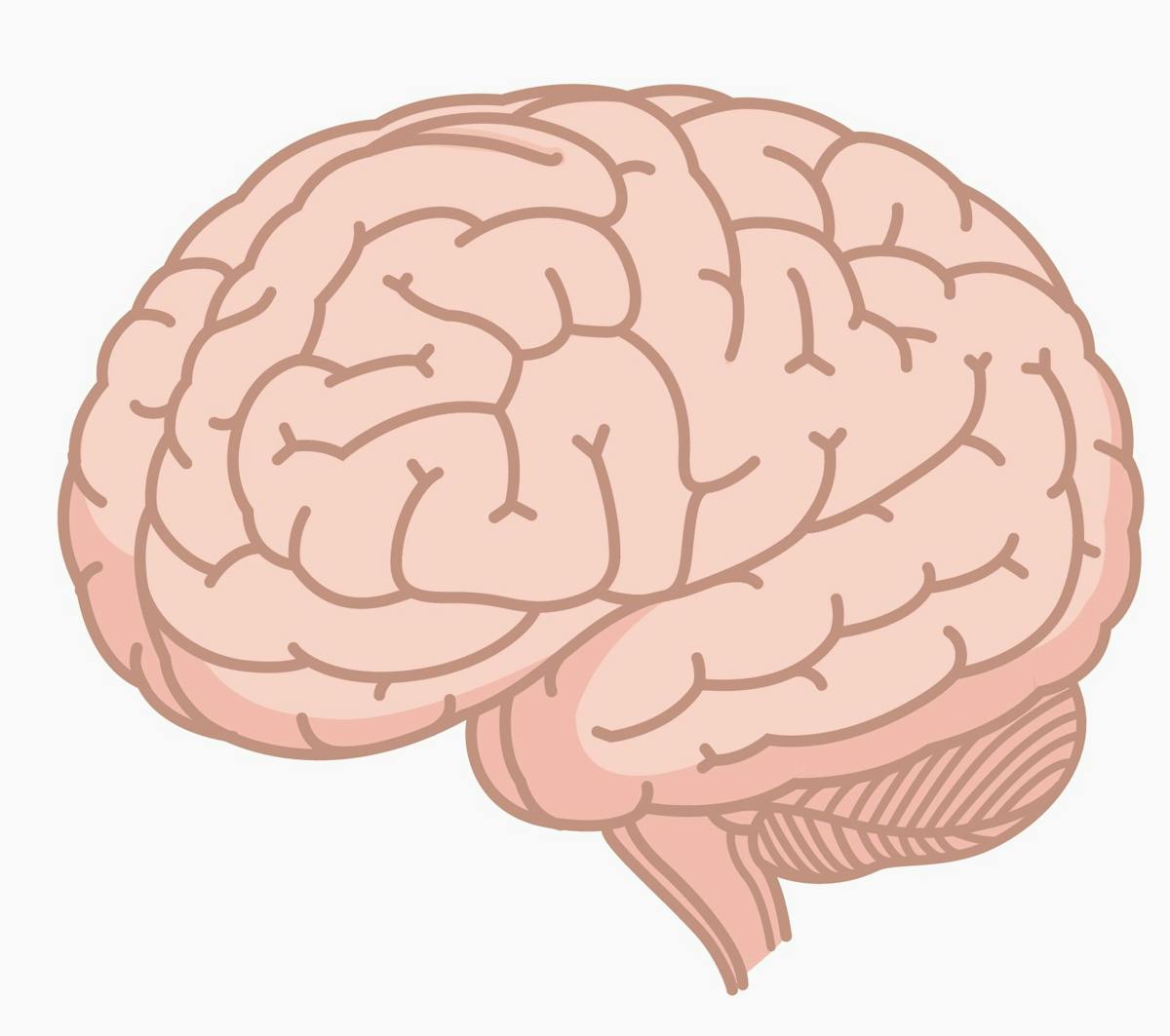


Furthermore, your body can produce any glucose it needs through a process called gluconeogenesis, converting other nutrients to glucose – even if you don’t eat any carbs at all.
There is no need for carbohydrates in the diet; the brain functions fine without them.
Learn more in our full guide:
Food for thought: Does the brain need carbs?
Learn more about ketones and ketosis4. Is low carb bad for the environment?
This question needs to address the following:
1- Does eating low carb mean you have to eat more meat?
2- Is meat by definition bad for the environment?
It’s a common misunderstanding that a low-carb diet requires eating a lot of meat. This is simply not true.
A low-carb diet is just that — low carb. You can otherwise eat however you want, be it vegan, vegetarian, carnivore, or anything in between.
The amount of protein usually stays moderate — about 1.2 to 2.0 grams per kilo per day.



However, if most of your meat comes from industrial meat production sites, also known as CAFOs, then there may be a significant contribution to greenhouse gasses.
Finally, a low-carb diet often results in people eating less food, because it’s so satiating.
Bottom line: A low-carb diet doesn’t require you to eat more meat. If you choose to eat more meat, you can search for meat from regenerative ranchers, which may provide a net benefit to the environment. Eating meat from CAFOs will likely contribute to increased greenhouse gasses.
Six ways to stay environmentally friendly on a low-carb or keto diet
Diet Doctor Podcast with Professor Frank Mitloehner and another with Diana Rodgers.
TED / Allan Savory: How to fight desertification and reverse climate change
Watch one of the smartest men in the world explain the real problem for the environment (Hint: it’s fossil fuels)
5. Can you get nutrient deficiencies on low carb?



Consider that a complete chicken can be formed from the nutrients inside the egg. There’s no way for the chicken to pop out and get some vitamins and minerals while growing in the egg; everything has to be there. And by eating an egg, we humans get all those nutrients.
Meat, fish, and vegetables are also highly nutritious foods. And many people eating low carb tend to replace nutrient-poor pasta, rice, and potatoes with more nutrient-rich vegetables.
Studies show that a low-carb diet can be nutritionally complete.
Compared to the more complete nutrition of a low-carb diet, refined flour is more or less devoid of any nutrition apart from pure starch. Usually, it’s legally required to add vitamins to flour, so that people who eat a lot of it do not get vitamin deficiencies.
Also, grains like wheat are high in phytic acid that can potentially reduce the absorption of many minerals.
Another concern with low-carb diets is the lack of fruit, often thought to be necessary for proper nutrition. This is a misunderstanding. Apart from vitamin C, there are very few nutrients in most modern fruit.
Modern fast food and snack food also contain a lot of calories and minimal if any nutrition.
Bottom line: Switching from a standard Western diet to a low-carb diet based on real foods is likely to significantly increase the amount of vitamins and minerals you get from your diet.
6. Can low carb damage your thyroid?
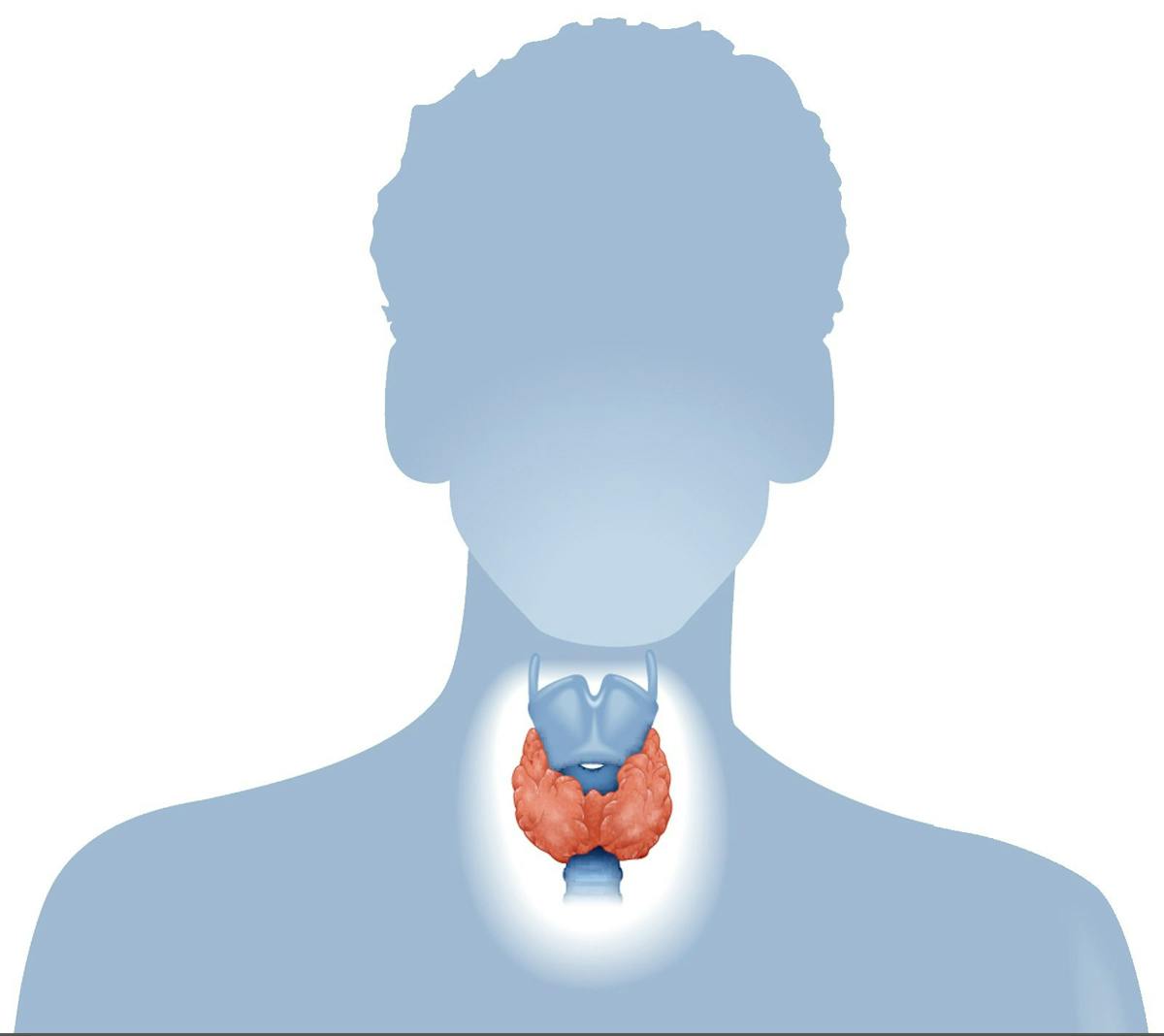


Although some studies of low-carb, high-fat diets have shown a decrease in the active thyroid hormone T3, it seems unlikely that this represents a clinical problem.
In fact, some people who lose significant amounts of weight on low carb may end up needing less thyroid medication, and a few individuals may even be able to stop taking it completely.
This means that if you have hypothyroidism and supplement with thyroid hormone, you can start a low-carb diet like anybody else and continue to do regular checkups per usual. If you lose a lot of weight, it may be wise to do an extra check of your thyroid blood tests once in a while, e.g. every time you’ve lost 30 pounds (15 kilos). It’s not impossible that your dose may need to be adjusted.
Bottom line: Eating a healthy, low-carb diet should not negatively affect your thyroid.
7. Can low carb damage your kidneys?
Highly unlikely.
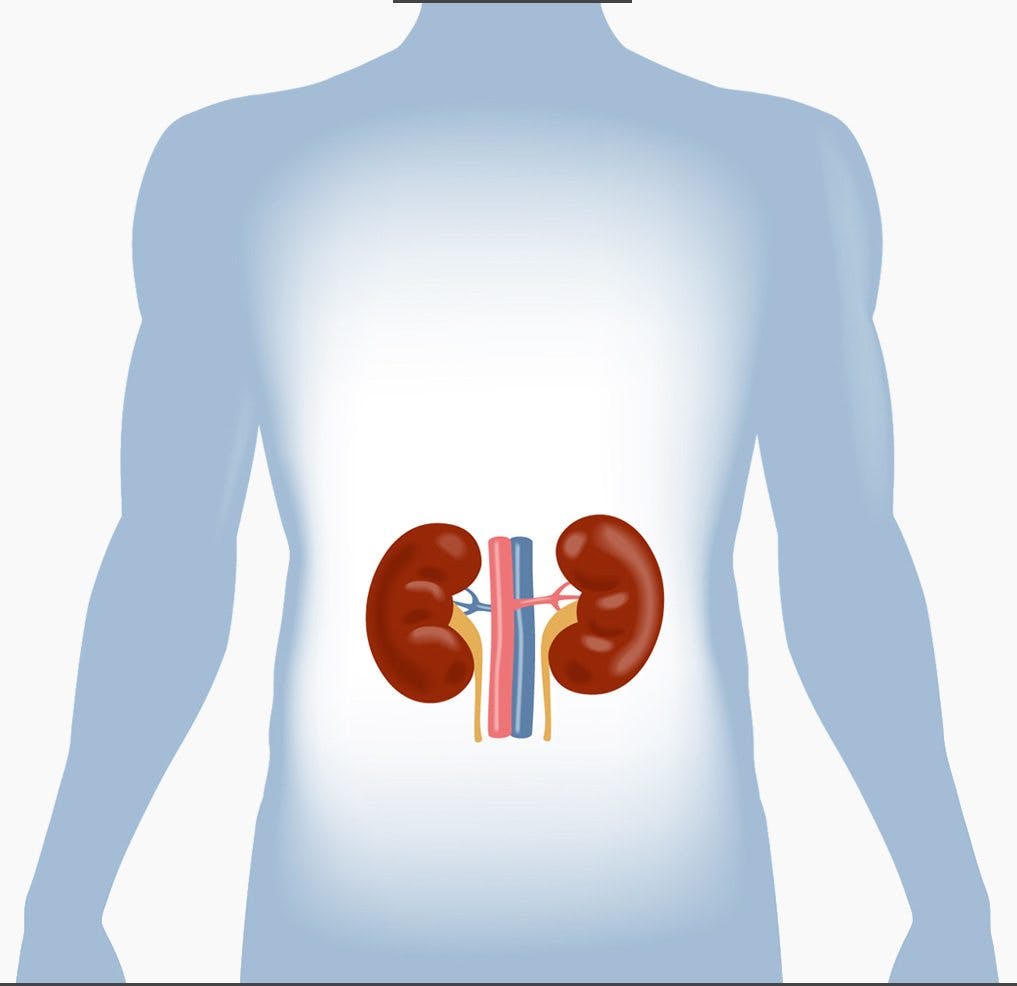


As a low-carb diet doesn’t need to be very high in protein — for example, 3 grams per kilo per day — the whole “problem” behind this controversy simply does not exist.
Secondly, people with normal kidney function can handle high amounts of protein without any problem for the kidneys.
Even if people choose to eat excessive protein, this will only be a problem if the kidneys are already severely damaged. An example of this would be end-stage kidney disease that is close to requiring dialysis. If you have severe kidney disease and you’ve been told to limit protein, you should of course do so.
To summarize: For people without kidney disease, there’s no reason to worry about the effect of excessive protein on your kidney health.
Bottom line: A low-carb diet is fine for your kidneys.
In fact, by lowering elevated blood sugars in people with diabetes, a low-carb diet may actually protect the kidneys from one of the most common causes of damage.
What you need to know about a low-carb diet and your kidneys
Watch doctors explain how low carb affects your kidneys How to reverse your type 2 diabetes8. Can low carb make you depressed?



These problems usually disappear within a few days to a couple of weeks. They can often be avoided or mitigated by getting enough fluid and salt – for example a cup of bouillon 1-2 times a day.
Long term, a low-carb diet often has the opposite effect. Getting into ketosis can make some people feel very energetic and might increase mental performance and endurance.
Studies of the mental state on low-carb diets generally show either no clear change or a slight improvement, compared to before starting the diet.
If someone does feel depressed, however, it could be related to having what resembles an addiction to reward from high-carb, sweet foods.
Fortunately, after early withdrawal symptoms have passed, getting free of an addiction is incredibly liberating and enables people to lead fuller and happier lives.
Finally, to make a low-carb diet feel great long term requires tasty food and a simple and enjoyable lifestyle. Feel free to use our resources to speed up the process.
9. Is low carb bad for exercise?



During the first couple of weeks when you’re switching from a diet rich in carbs to a low-carb diet, your capacity in the gym will most likely go down.
After a few weeks of adaptation, people often report feeling at least as good as before when exercising, especially if they make sure to get enough fluids and salt.
Furthermore, for endurance athletes, there are many potential benefits to being fat-adapted and eating LCHF.
But the findings are not universal. Two studies out of Australia report that race-walk times decreased after 12 weeks of eating a keto diet, despite improved fat oxidation.
When it comes to powerlifting and weightlifting, low-carb diets have demonstrated benefit.
However, more carbs may be needed for non-endurance sports such as sprinting, etc.
The bottom line is that scientific evidence is mixed on how ketosis affects athletic performance. Individual variability, different effects for different types of exercise, and the importance of fat-adaptation all need to be taken into consideration.
Watch doctors explain how low carb can be good for exercise
Learn more about how to increase physical performance on low carb
10. Is low carb bad for your gut bacteria?
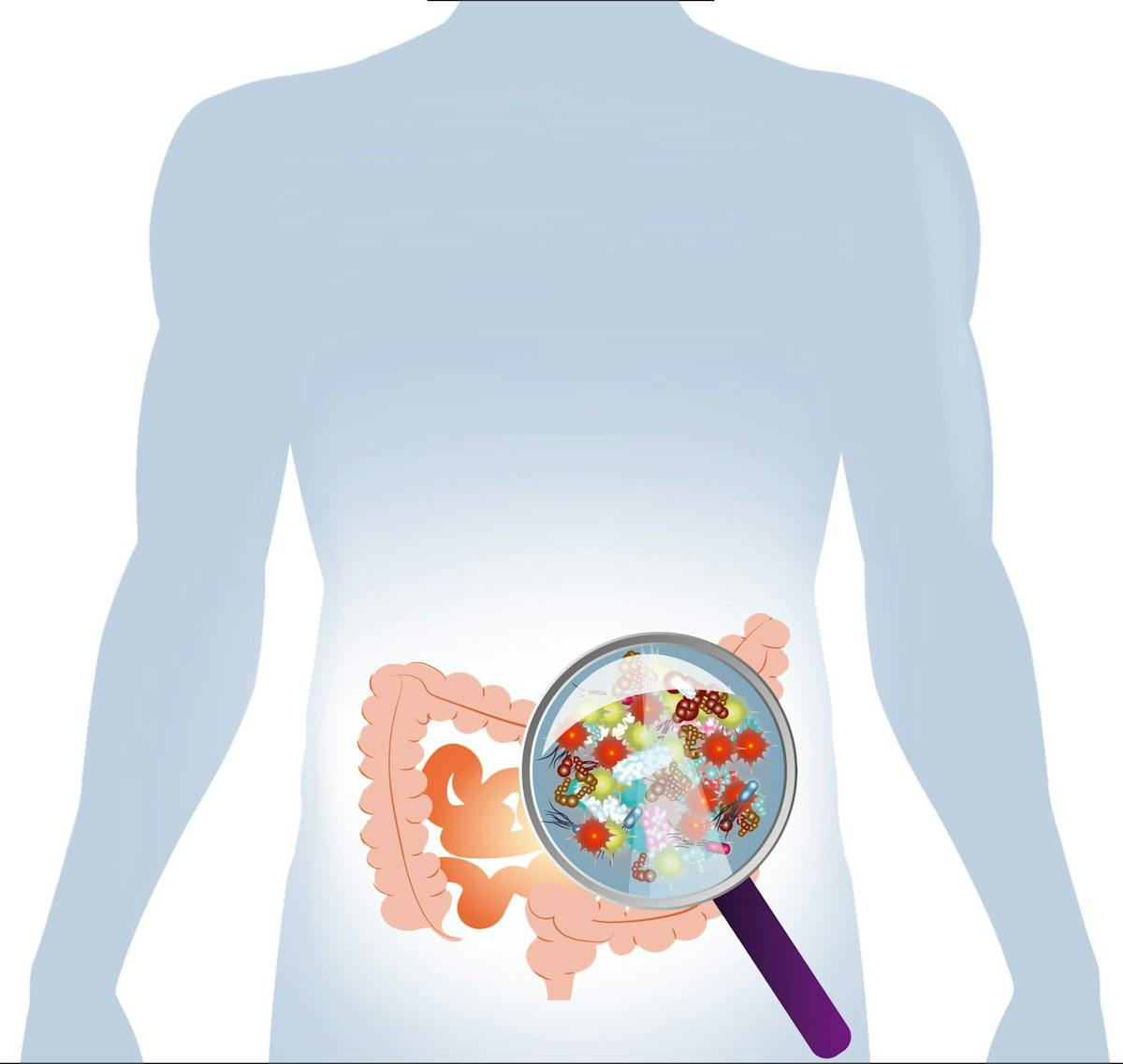


Not much can be said about the health effects of changes to the microbiome on a low-carb diet — only that it changes.
Watch a presentation on the possible benefits of slow carbs to feed the microbiome
11. Can you get constipated on low carb?
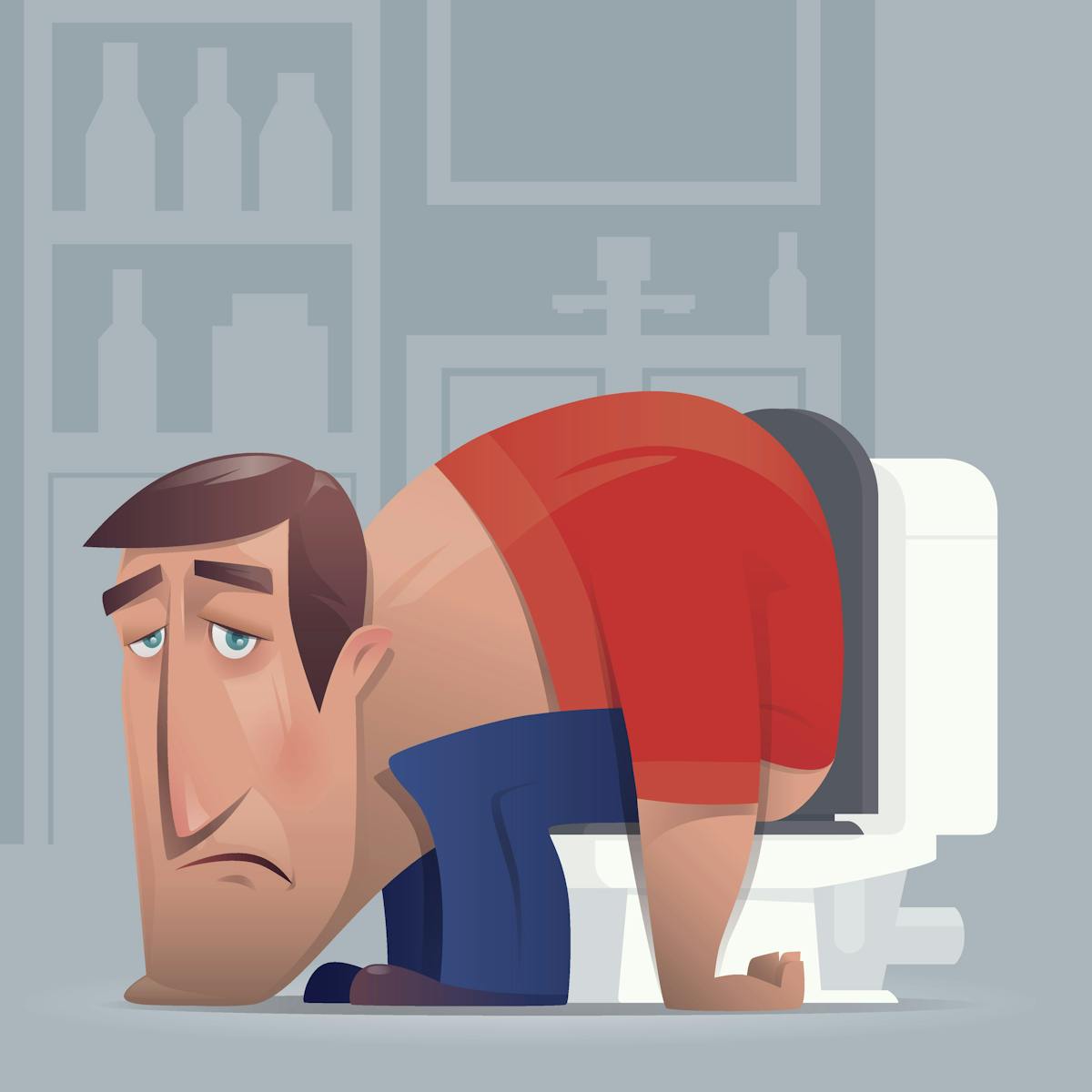


It can usually be alleviated by either drinking more water and increasing salt intake, taking in more fiber or, if necessary, adding Milk of Magnesia.
Note that just because some people have a bowel movement less often does not mean they are constipated. Many people report decreased stool frequency on low carb, but as long as they don’t feel bloated or have abdominal pain, it isn’t a concern.
It’s important to note that, if you do suffer from constipation when starting low carb, it will usually be temporary.
Learn more about preventing or curing constipation on low carb
12. Can you get osteoporosis on low carb?



For example, under normal circumstances the pH of the blood does not change depending on what you eat.
Further, the theory that more dietary protein leads to weaker bones has been discredited by clinical trials – people who eat more protein actually tend to have stronger bones.
Finally, repeated studies show no effect on bone density in people eating low carb, even after several years.
Read our complete guide on bone health and low-carb diets.
13. Does low carb cause hair loss?



After a period of losing more hair than usual, the lost hairs then grow out again, so that the hair ends up as thick as before.
It’s safe to say that the large majority of people who try a low-carb diet never experience this. Furthermore, it’s likely possible to minimize the risk by not doing a low-carb and low-fat diet at the same time, i.e. by avoiding starvation. Make sure to eat enough fat to feel satisfied and a moderate amount of protein.
14. Does low carb cause ketoacidosis?
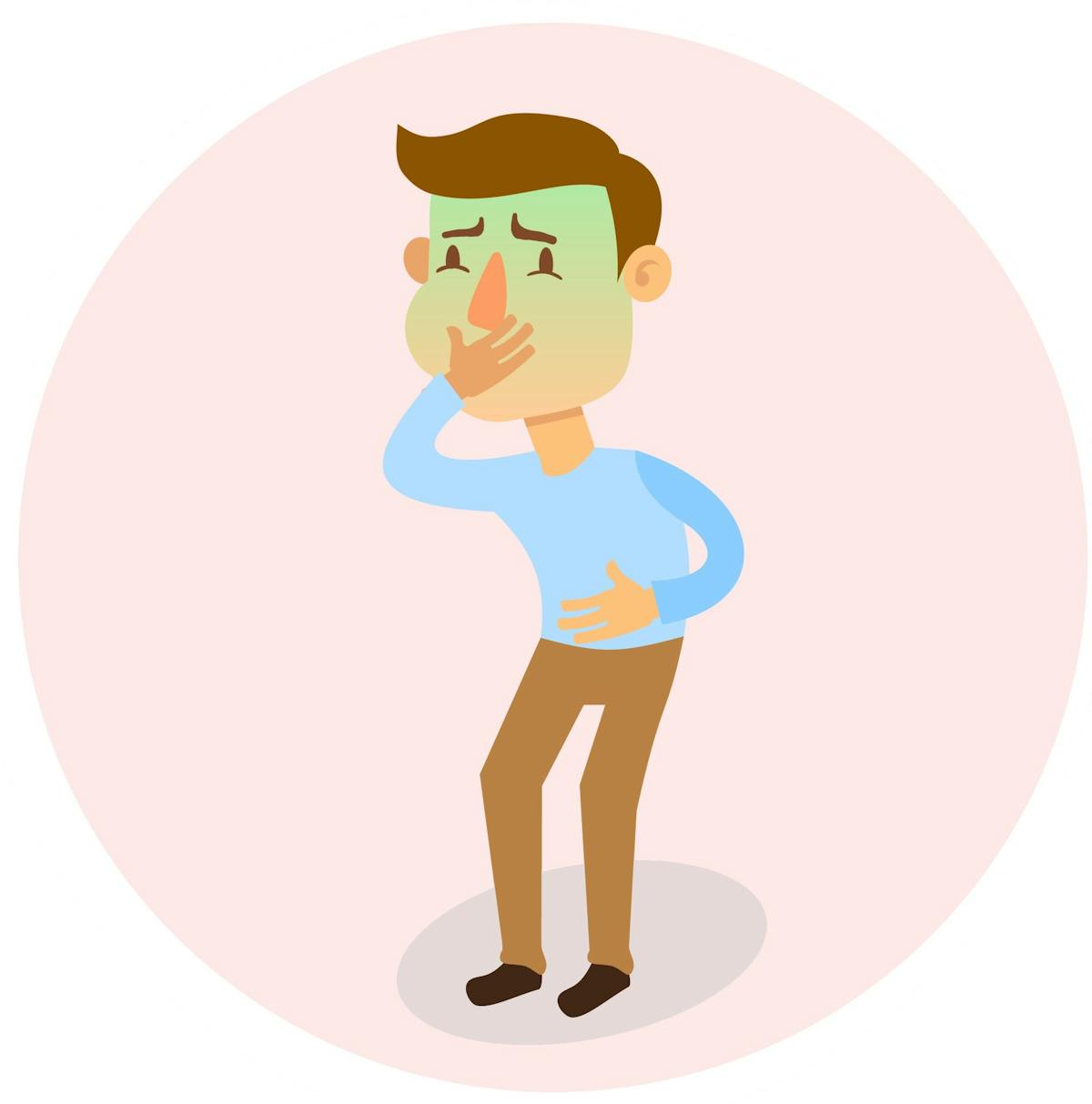


Ketoacidosis (also known as diabetic ketoacidosis, or DKA) is a rare and dangerous medical condition that mainly occurs in people with type 1 diabetes if they don’t take enough insulin, especially when they are ill.
People with type 2 diabetes who take certain medications (e.g. SGLT-2 inhibitors) can also develop DKA, although this is relatively rare.
Also, in rare cases, women eating a very low-carb diet can develop ketoacidosis while breastfeeding.
Ketosis (sometimes referred to as nutritional ketosis), on the other hand, is a 100% natural and safe state for most people.
Nutritional ketosis can be achieved by eating a low-carb diet or by a brief period of fasting.
Being in ketosis usually means that the body is efficiently metabolizing and burning fat, which can be good for weight loss.
15. Do you get a shortage of whole grains on low carb?
Do you need to eat whole grains – like bread or pasta – to stay healthy? While the fiber in whole grains may slow down the absorption of glucose and lower the glycemic index of food (possibly a good thing), it’s less clear what the benefit is on a low-carb diet.
Furthermore, there is no high-quality science proving a need to eat whole grains to prevent disease or prolong life. A Cochrane review of high-quality nutrition science found no evidence for that idea.
There’s a widely-held belief that people need to eat grains to get specific nutrients. However, other foods that are lower in carbs are often more nutritious.
Finally, there’s an idea that the microbiome in our guts may benefit from the fiber in whole grains. This is still a controversial topic with a lack of high-quality science. However, there are many other sources of fiber that are far lower in carbs than whole grains.
16. Is salt dangerous for your health?
A low-carb diet is not necessarily higher in salt than other diets. But it’s often recommended to increase salt intake when starting, to reduce the risk of side effects. Many people are concerned about increasing their salt intake — even temporarily — because of longstanding dogma that salt is dangerous.
It turns out that the evidence behind this common piece of health advice is fairly weak. Read more in our comprehensive guide to salt.
Also check out our news post detailing how salt restriction lacks credible evidence
17. Is red meat dangerous?
A low-carb diet is not necessarily higher in red meat than other diets. It’s even possible to eat a vegetarian low-carb diet. However, many people eat a low-carb diet with red meat. Here’s our guide to what the scientific evidence tells us about it:

Low-carb side effects & how to cure them
Common early problems
Later potential issues
Main guides
Practical low-carb guides
Visual guides


